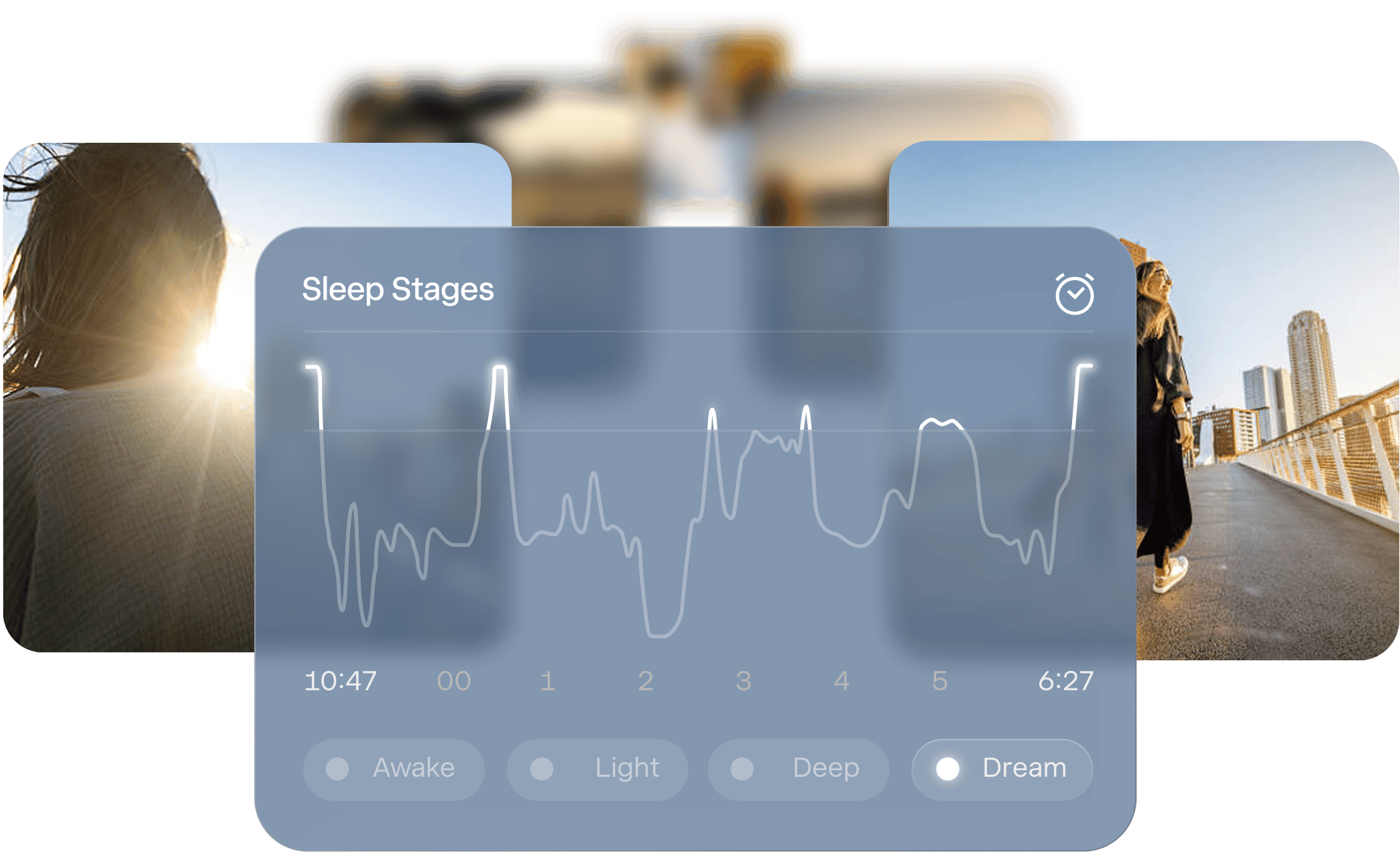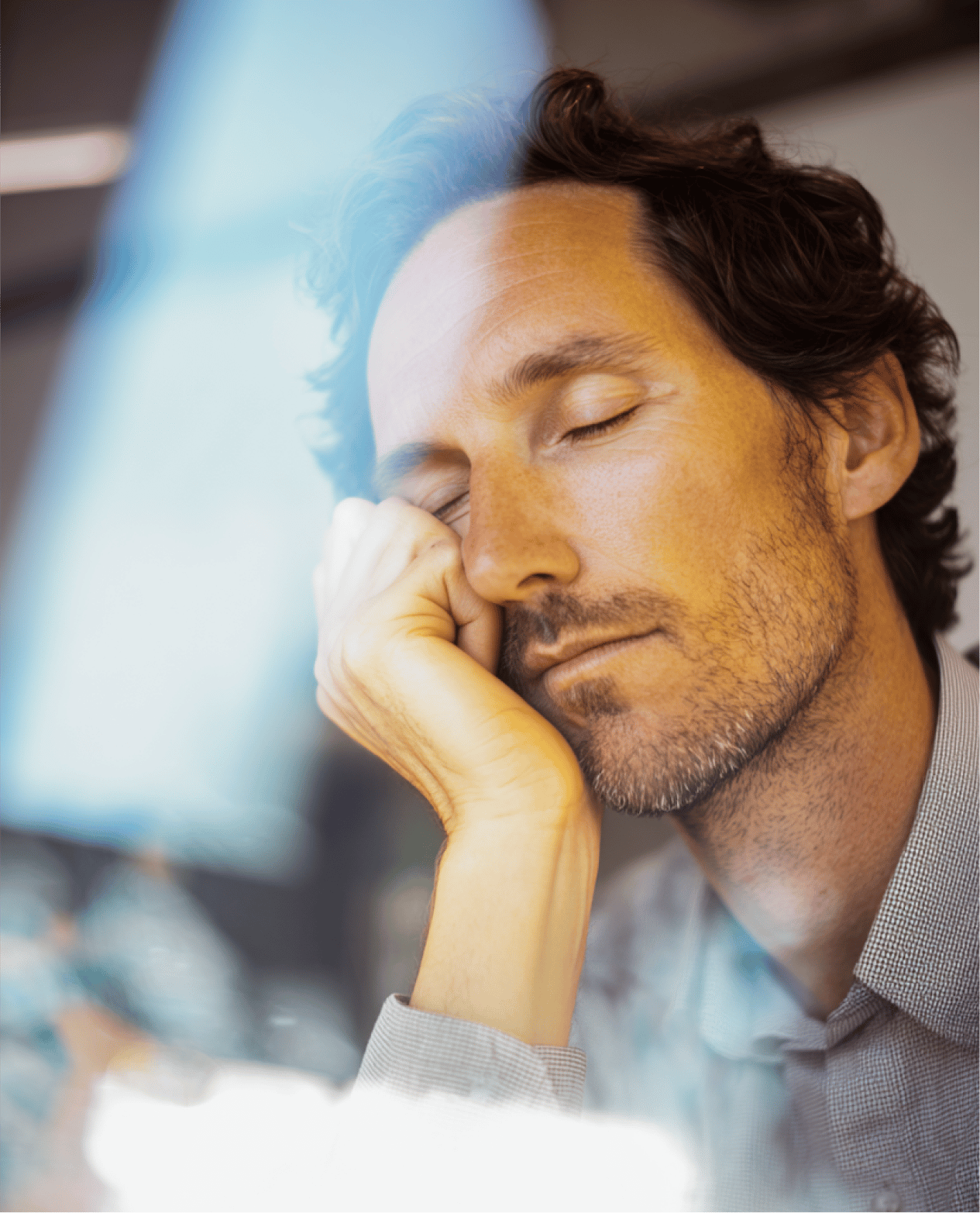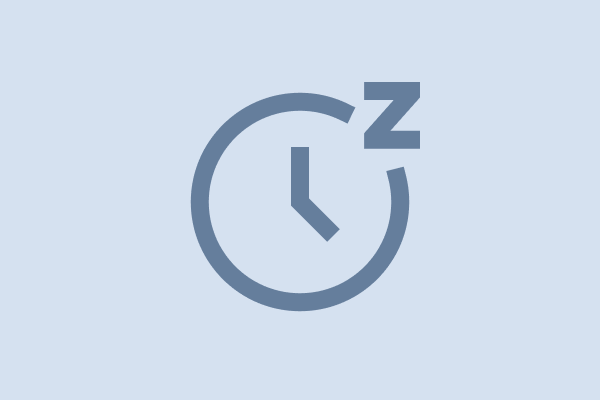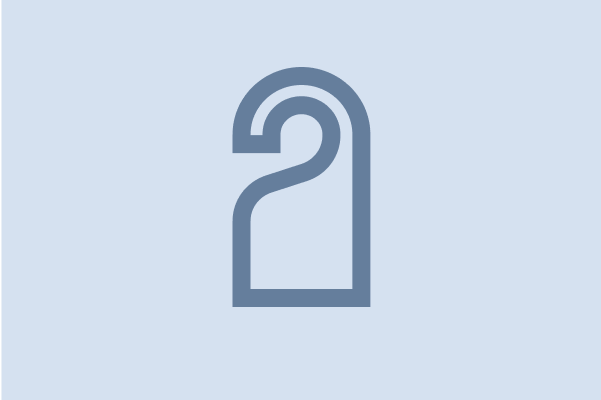
Benefits Backed by Science

Sleep Smarter
With over 1 million nightly active users, Sleep Cycle combines science and technology to help you get the sleep you need to perform at your best.
Sleep for Longevity
Eight Hours Adds Years

Getting enough good-quality sleep is one of the simplest ways to support a longer, healthier life. Consistent, restorative sleep helps regulate blood pressure, metabolism, and immune function, lowering the risk of age-related illnesses.

Tired Can Equal Tipsy
Sleep debt builds up fast. Two weeks of getting just 6 hours a night has the same effects on your brain as not sleeping 1–2 days straight. You might not notice the difference, but tests show worse focus, memory and decision making.
After 24 hours awake, your reaction time can be the same as someone with blood alcohol above the legal driving limit.
Learn More Efficiently
Sleep on It

Sleeping after learning can improve your memory by 20–40%, while cramming all night and not sleeping leads to forgetfulness. Even short naps can boost memory in the afternoon.

Boost Your Energy
More sleep means more motivation. Just two nights of short sleep makes tasks feel harder and lowers energy by 12–15%.
Sleep research about health and well-being









